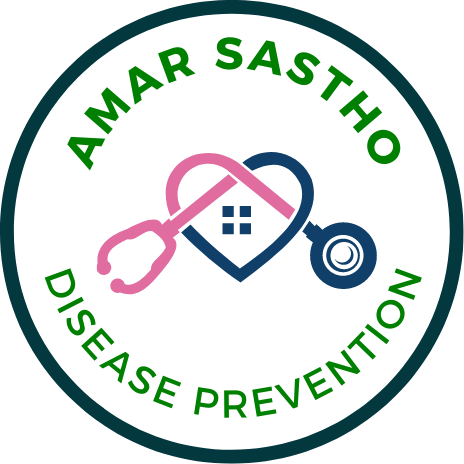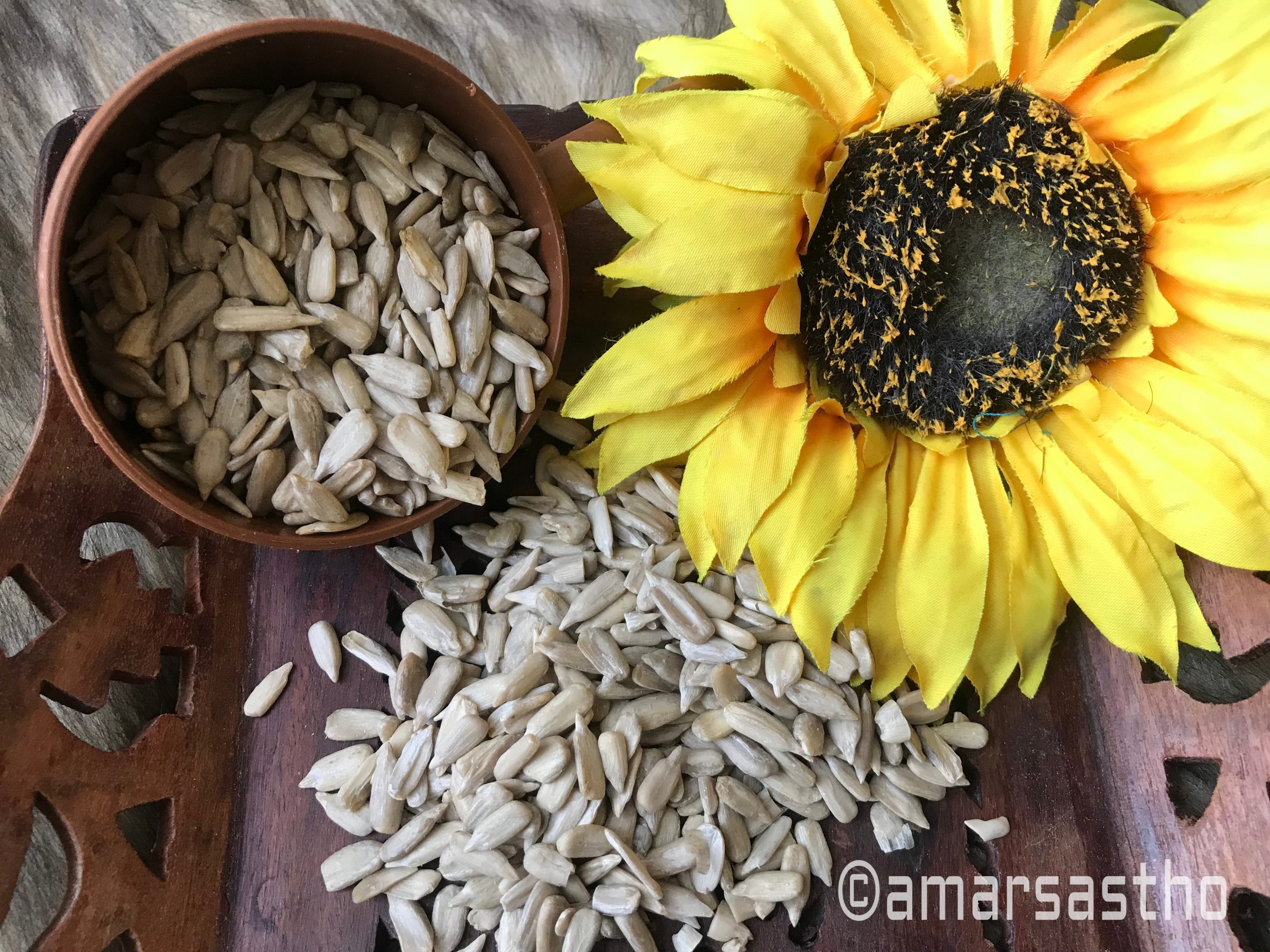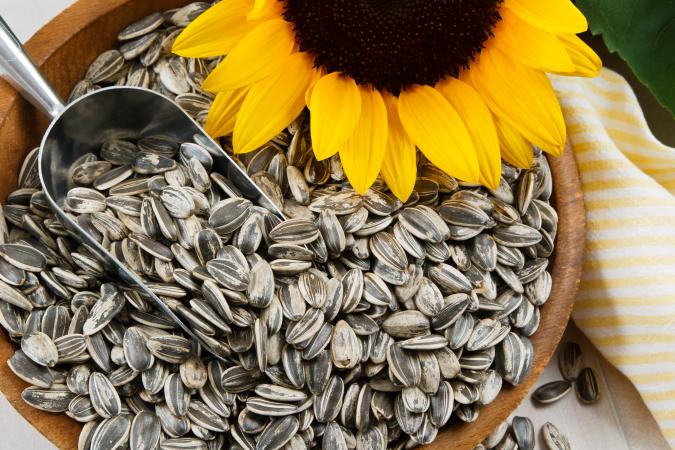Sunflower seeds are very tasty and soft to eat. Sunflower seeds are a great source of the B vitamin folate, which is particularly very important for pregnant women and for people with heart disease. They are also rich in vitamin E, a powerful antioxidant, anti-cancerous, anti-inflammatory elements.
“1 ounce (28 gm.) of sunflower seeds contains:“
- Calories: 164
- Fiber: 2.4 grams
- Protein: 5.8 grams
- Monounsaturated fat: 5.2 grams
- Omega-6 fats: 6.4 grams
- Vitamin E: 47% of the RDI(Recommended Daily Intake)
- Manganese: 27% of the RDI(Recommended Daily Intake)
- Magnesium: 23% of the RDI(Recommended Daily Intake)
“Health benefits OF Sunflower Seed“
- Few studies have shown that consuming sunflower seeds more than five times per week was associated with reduced levels of C-reactive protein (CRP) which is a key chemical involved in inflammation. Sunflower seeds help to reduce inflammation. This seed is very good for middle-aged people.
- Sunflower seeds contain high levels of both monounsaturated and omega-6 fats, which may help to reduce cholesterol levels.
- An observational study stated that women should consume 30 grams of sunflower seeds as a part of a healthy diet every day for three weeks. The sunflower seeds reduce triglycerides in the blood, cholesterol and LDL cholesterol.
- Sunflower seed is very important for pregnant women and people with heart disease.
- It can boost your mind. It helps to reduce the risk of Alzheimer’s, dementia and bipolar disorder.
- Sunflower seeds are good for pregnant women because it helps to relax the mind and reduce stress.
How to eat sunflower seeds:
- Sunflowers seeds can be eaten raw as it is very tasty. You can roast it and then eat too.
- It can be used in salads and desserts too.



